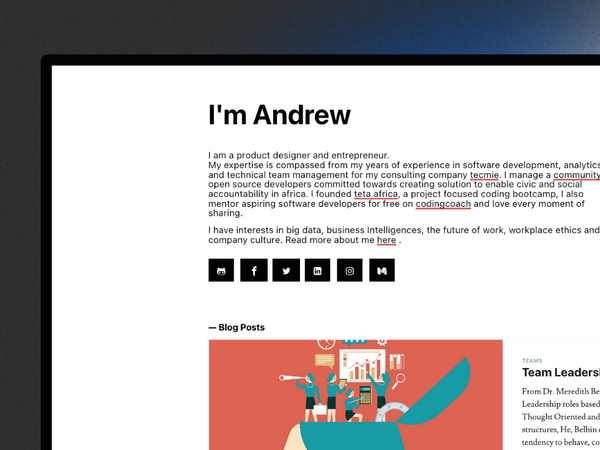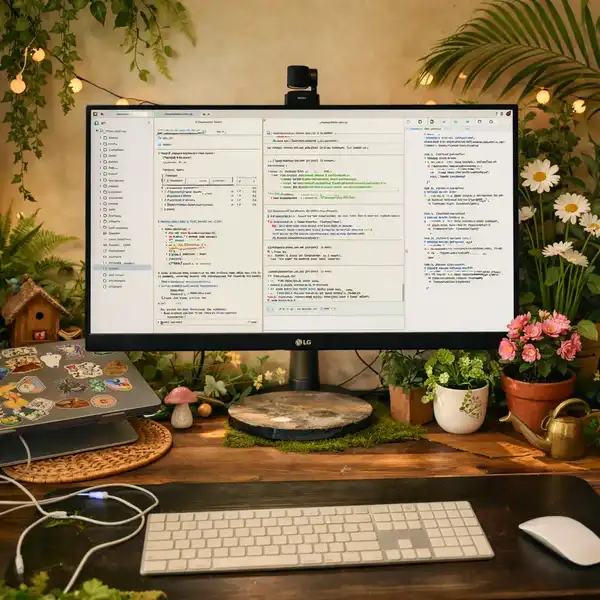How do you build Locally Global Startups?

I have recently been pondering upon the idea of a “locally” global startup. This is a company that is deeply integrated within their local ecosystem and community, yet holds a strong global outlook. The conception and execution of such an idea, however, may not be as straightforward as it seems. For most groups, this can be easy or hard, depending on where your “local” is.
The Silicon Valley Paradox
For startups in Silicon Valley and similar tech hubs, being locally global might seem like an inherent advantage. These ecosystems are already established on a global scale, making the leap from local to global an intuitive progression. However, the same cannot be said for startups in regions where the local ecosystems aren’t globally recognized or well-connected. This is the power of cities as Paul Graham highlights in his article about Cities and Ambition. The challenge here is not just to excel on a global scale, but to also be accepted and supported at home.
The man from Nazareth
In the New Testament, Jesus is reported to have faced disbelief and rejection from the people in his hometown of Nazareth. The story is narrated in the Gospels of Matthew, Mark, and Luke, where it is said that Jesus visited Nazareth after starting his ministry. When he preached in the local synagogue, people were astounded by his wisdom and the ‘mighty works’ he had performed. Yet, they also questioned how the carpenter’s son could claim such authority.
The Gospel of Mark (6:1-6) describes it in this way:
Jesus left there and went to his hometown, accompanied by his disciples. When the Sabbath came, he began to teach in the synagogue, and many who heard him were amazed.
“Where did this man get these things?” they asked. “What’s this wisdom that has been given him? What are these remarkable miracles he is performing? Isn’t this the carpenter? Isn’t this Mary’s son and the brother of James, Joseph, Judas and Simon? Aren’t his sisters here with us?” And they took offense at him.
Jesus said to them, “A prophet is not without honor except in his own town, among his relatives and in his own home.” He could not do any miracles there, except lay his hands on a few sick people and heal them. He was amazed at their lack of faith.
This scenario is sometimes cited as an example of how achieving acceptance and recognition from one’s local community can sometimes be more challenging than expected. It is a metaphor that can be related to the idea of “locally global” startups, emphasizing the difficulty of balancing local acceptance and global impact.
The African Case: Flutterwave and Afrobeats
In Africa, one company that seems to have surmounted this challenge is Flutterwave. Nonetheless, its journey hasn’t been without obstacles, including countless suits and fines from the Kenyan government, and internal scandals.
In the music industry, Afrobeats, Africa’s most significant global export, has produced a number of artists whose experiences could be seen as emblematic of this locally global paradox.
- Rema, whose single ‘Calm Down’ has been topping global charts, faces criticism and limited appreciation in his native Nigeria, due to how experimental his sound is to most of the audience.
- Burna Boy, despite his international acclaim, finds himself in feuds with his homeboys at least twice every year. For instance, his 4 day feud with Shatta Wale or the other time the organizers bluffed his stage requirements which made him show up late for his concert. There is always something.
- Wizkid appears to have distanced himself from pleasing his local audience and focused on chart topping strategies.
On the other hand, Davido seems to have struck a balance. It’s arguable that his education in the United States and the early launch of his career there might have contributed to this, offering points to the importance of cultural intelligence. Notably, his active engagement with local communities back home has won him broad appreciation.
However, it’s worth noting that this has come with its own share of costs. Despite launching numerous talented artists, Davido’s record label still grapples with certain issues. More personally, he suffered the tragic loss of his son in a recent “home accident” – yes, a “home accident”. The price of love and popularity often comes with a figurative need to keep your doors open, inviting both the rewards and costs that come with it. Despite this, Daniel Regha on Twitter doesn’t seem to let Davido have a moment’s peace.
And let’s not forget, Davido’s love life is, in essence, a community affair, whether it’s Chioma, the 30BG, or anyone else involved, his relationships extend well beyond just two people.
The Pareto Principle: Striking the Balance?
The Pareto Principle, also known as the 80/20 rule, might provide a useful perspective here. The principle holds that roughly 80% of effects come from 20% of causes. Applying this principle, startups might focus on key areas that will drive the most significant impact on their global reach while ensuring they don’t entirely lose touch with their local base. Think Whizkid … maybe …
The Price of Being Locally Global
So, for startups aiming to be locally global — locally relevant and valuable to your home community while creating significant impact on a global scale — the question remains: what would this cost you? And is this a price you are willing to pay?
As we’ve seen, the path to being locally global isn’t free from challenges. But for those willing to navigate these complexities, the potential for substantial and meaningful impact is there. As always, the entrepreneurial journey demands a delicate balance between ambition and grounding, between expansion and consolidation, between the global and the local.
Notes
[1] Cities play a major role in how we frame our sense of ambition. Paul Graham highlights this here, and inasmuch as colleagues can be influential, A city sends you a message almost subconsciously telling you how you think, act and aspire.
This article is a 🌱 Seedling, which means it’s still Work in progress and published in it’s raw form.
More on Seedlings
Continue Reading
The Side Effect of Vibe Coding Nobody Talks About
A subtle shift from AI coding: reading code faster, and why tiny diffs suddenly feel like a slowdown worth unpacking.

From WordPress to Jekyll: Rebuilding My Digital Home
Andrew Miracle chronicles migrating his site from WordPress to Jekyll, and why AI-native workflows fit a digital home...

Vibe Coding and the Death of Knowing What You're Doing
Andrew Miracle on vibe coding, the blurred line between juniors and seniors, and why nobody cares how the spaghetti w...



